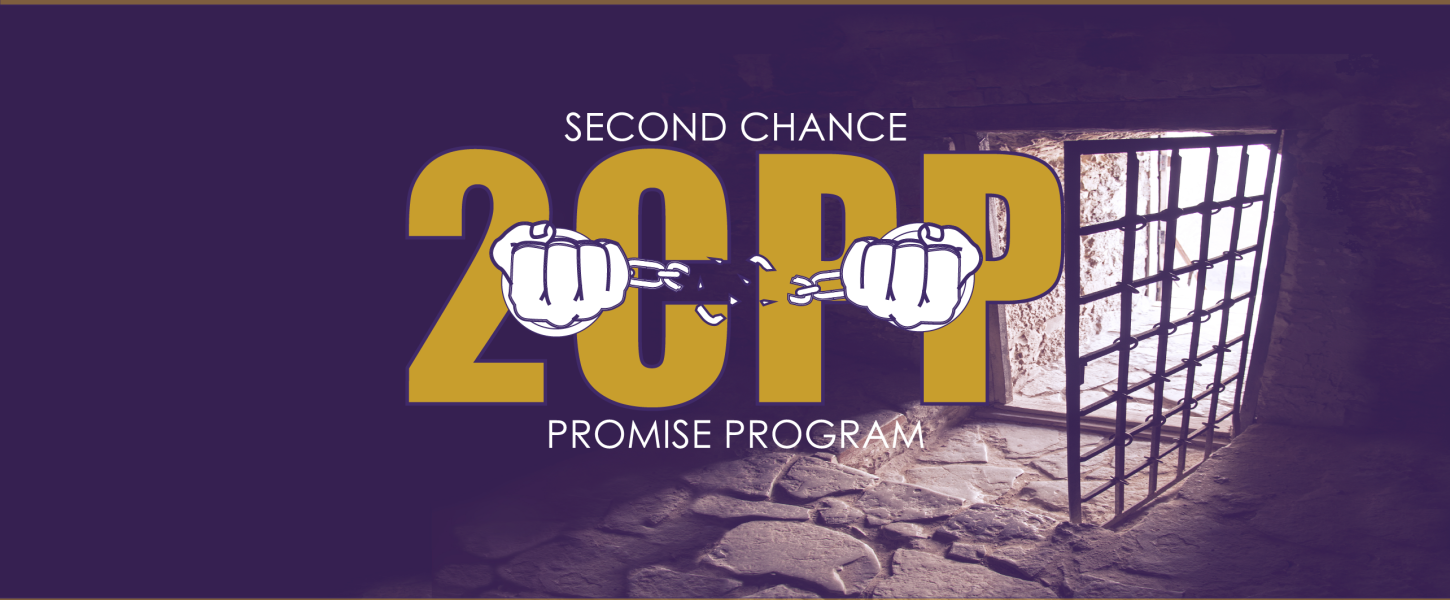In the helping profession, there are many steps taken to dispel biases, prejudices, bigotry, etc. In our journey as helpers, we are presented with individuals from an array of backgrounds. It is our responsibility to view the individual in his or her entirety. Also, we should be proactive in learning about their culture and their way of being as it pertains to the individual and not the dominant culture.
A culturally competent counselor can be defined as a person that is willing to be transparent about his or her feelings about a particular group of people that may differ from the dominant group. According to Sue & Sue (2016), how we as helpers deal with sociodemographic differences may enhance or impede on our ability to grow as counselors.
It is paramount for counselors to provide treatment that is culturally specific. Emic centered counseling bolsters respect and a willingness to understand issues that are important to the client’s reality (Sue & Sue, 2016). As culturally competent counselors, minimizing one’s culture whether intentionally or unintentionally impedes on fostering a healthy therapeutic relationship.
According to APA (2013), “culture refers to systems of knowledge, concepts, rules and practices that are learned and transmitted across generations” (pg. 749). As a result of individuals coming from different cultures, biases emerge. Self-awareness in the mental health field is the premise of becoming a culturally competent counselor. When I started in the helping profession, I found myself enabling clients under the guise of empowerment.
Being an African American male in the mental health field has opened my eyes to a bias that subconsciously emerges. At times, I find myself ignoring factors of other African American males (or females) that can obstruct making the best clinical diagnosis and treatment provided. As a person who was raised around poverty, violence, and drugs, I tend to ignore behaviors of clients to whom I relate. For example, as a Certified Alcohol and Drug Counselor, I work with individuals with substance abuse problems. Because some of their stories are similar to mine, I am sensitive to this fact at times may enable them or hinder their recovery process. Being a professional, the diagnosis I make and treatment I provide can be viewed as unethical or be considered as negligence.
By enabling these clients, they are at risk for relapse or other environmental problems if treatment is not congruent to their diagnosis. The population I work with also have legal issues and have been incarcerated. According to Fletcher, Lehman, Wexler, Melnick, Taxman, and Young (2009) substance abuse, lack of mental health treatment and poor education are key indicators of recidivism.
As helpers in this profession, supervision is important to view situations through an alternative lense. In these cases, I seek supervision from my colleagues to ensure I am not biased or negligent. I feel this practice can decrease misdiagnoses and ensure fair and equal treatment for all the clients and bolster cultural competency.
It is important for therapists to learn as much about a client’s culture as possible as this information help therapist(s) understand the client’s lived experiences within the culture (Hays, 2016 pp. 13). Being proactive in gaining knowledge about different cultures, diversity training, and seeking supervision from more tenured mental health colleagues and supervisors are methods of becoming more culturally competent ( AMCD Multicultural Counseling Competencies, 1996).
In the mental health profession, there is a mantra that states “above all else do no further harm”. As counselors, minimizing or ignoring a person’s culture can be damaging and cause undue harm. Through continuous education and prolong exposure to different cultures counselors can be more equipped to address the needs of individuals in a culturally sensitive framework thus empowering them to address their problems.
References
AMCD multicultural counseling competencies. (1996). Retrieved from http://www.counseling.org/Resources/Competencies/Multcultural_Competencies.pdf
American Psychiatric Association. (2013). Diagnostic and statistical manual of mental disorders (5th ed.). Arlington, VA: American Psychiatric Publishing
Fletcher, B. W., Lehman, W. E. K., Wexler, H. K., Melnick, G., Taxman, F. S., & Young, D. W. (2009). Measuring collaboration and integration activities in criminal justice and substance abuse treatment agencies. Drug and Alcohol Dependence, 103(S1),
S54–S64. Retrieved from the Walden Library databases.
Hays, P. A. (2016). Addressing cultural complexities in practice: Assessment, diagnosis, and therapy (3rd ed.). Washington, DC: American Psychological Association.
Sue, D. W., & Sue, D. (2016). Counseling the culturally diverse: Theory and practice (7th ed.). Hoboken, NJ: Wiley.
Published By: Dr. André “Vinnie” Haley, SAP, LSW, CAADC, LCDP


